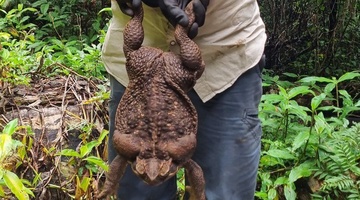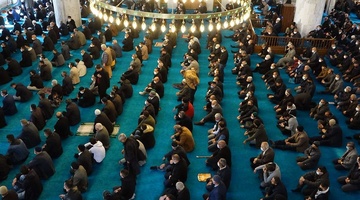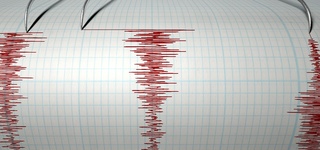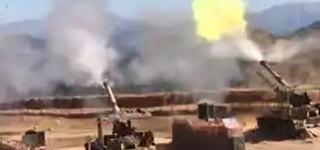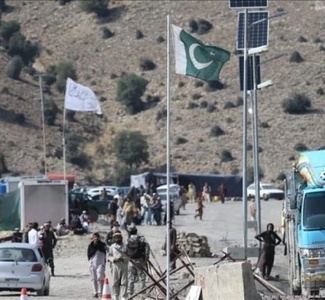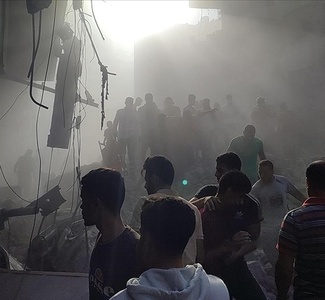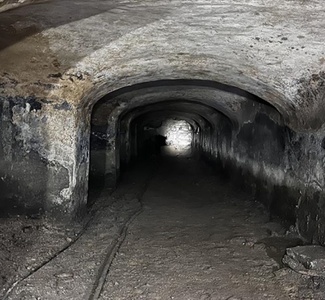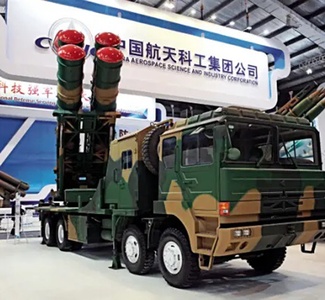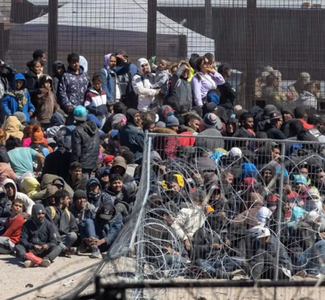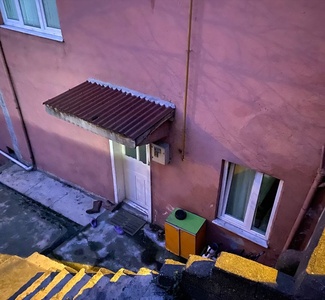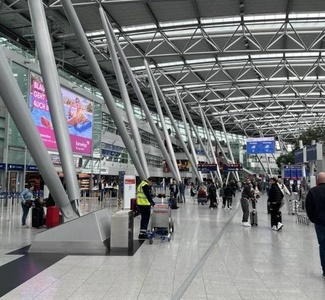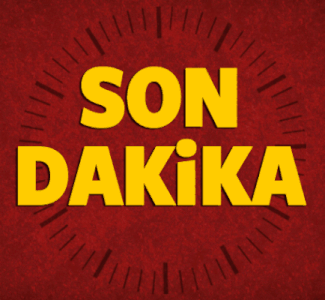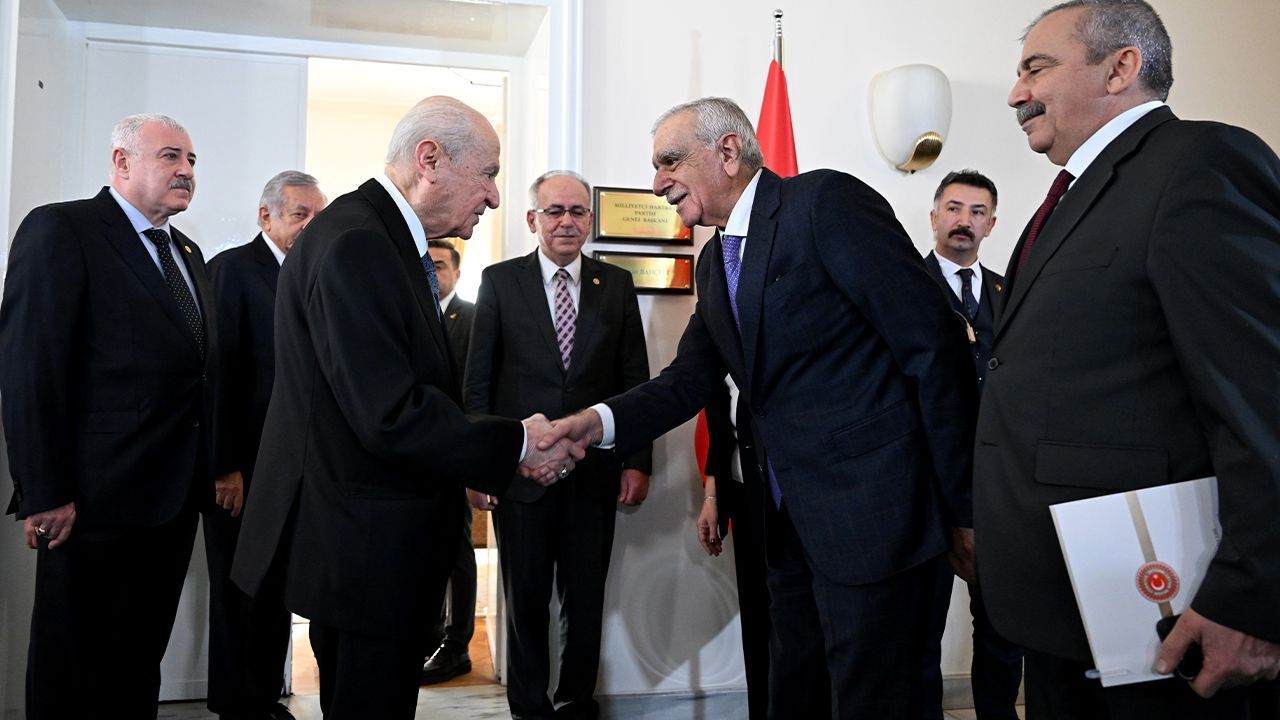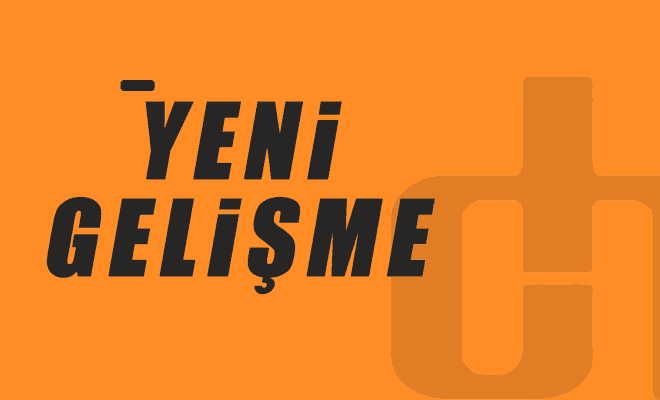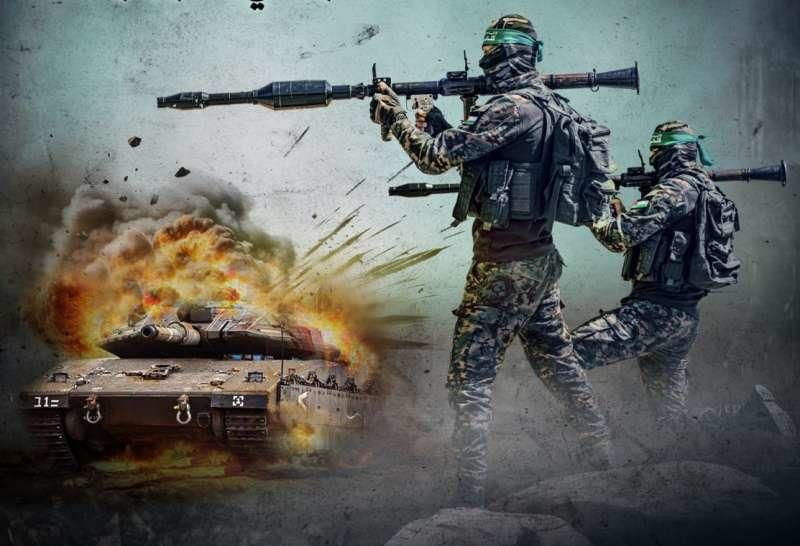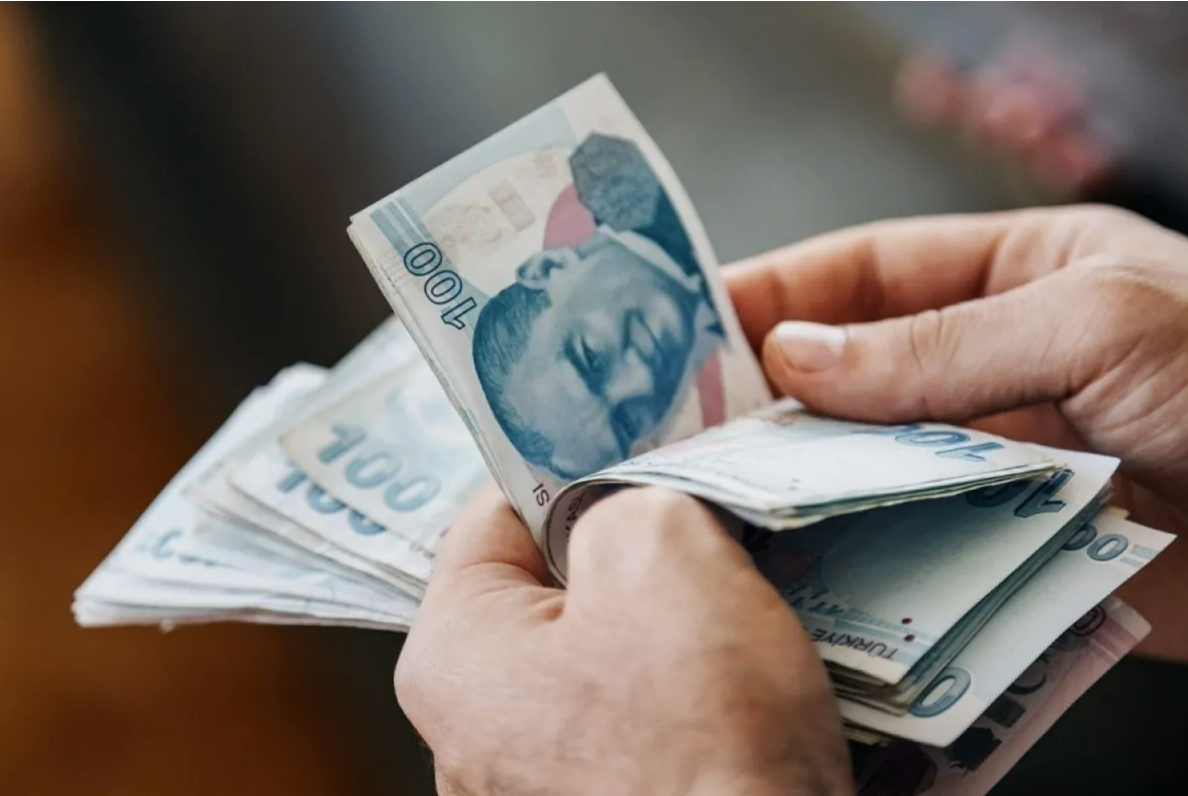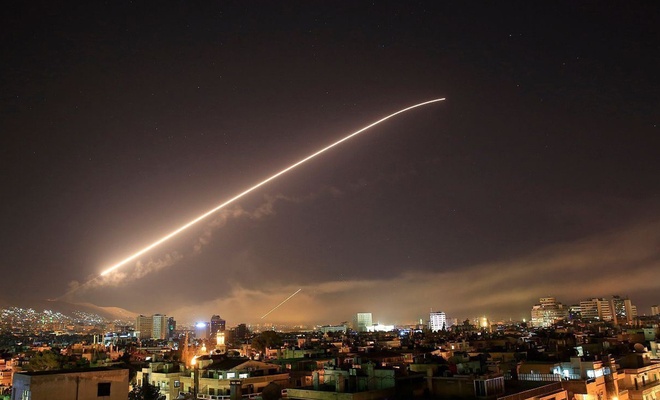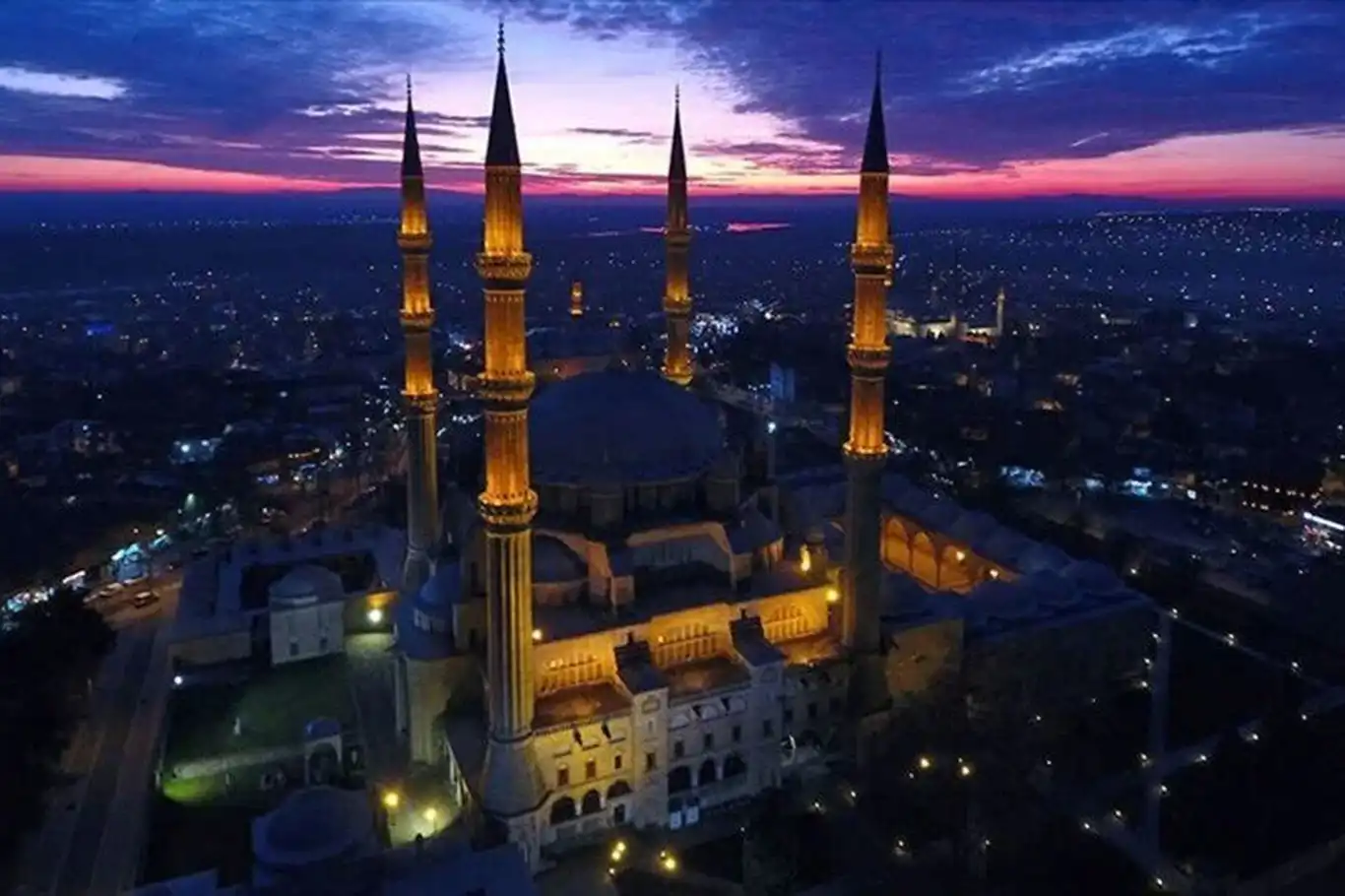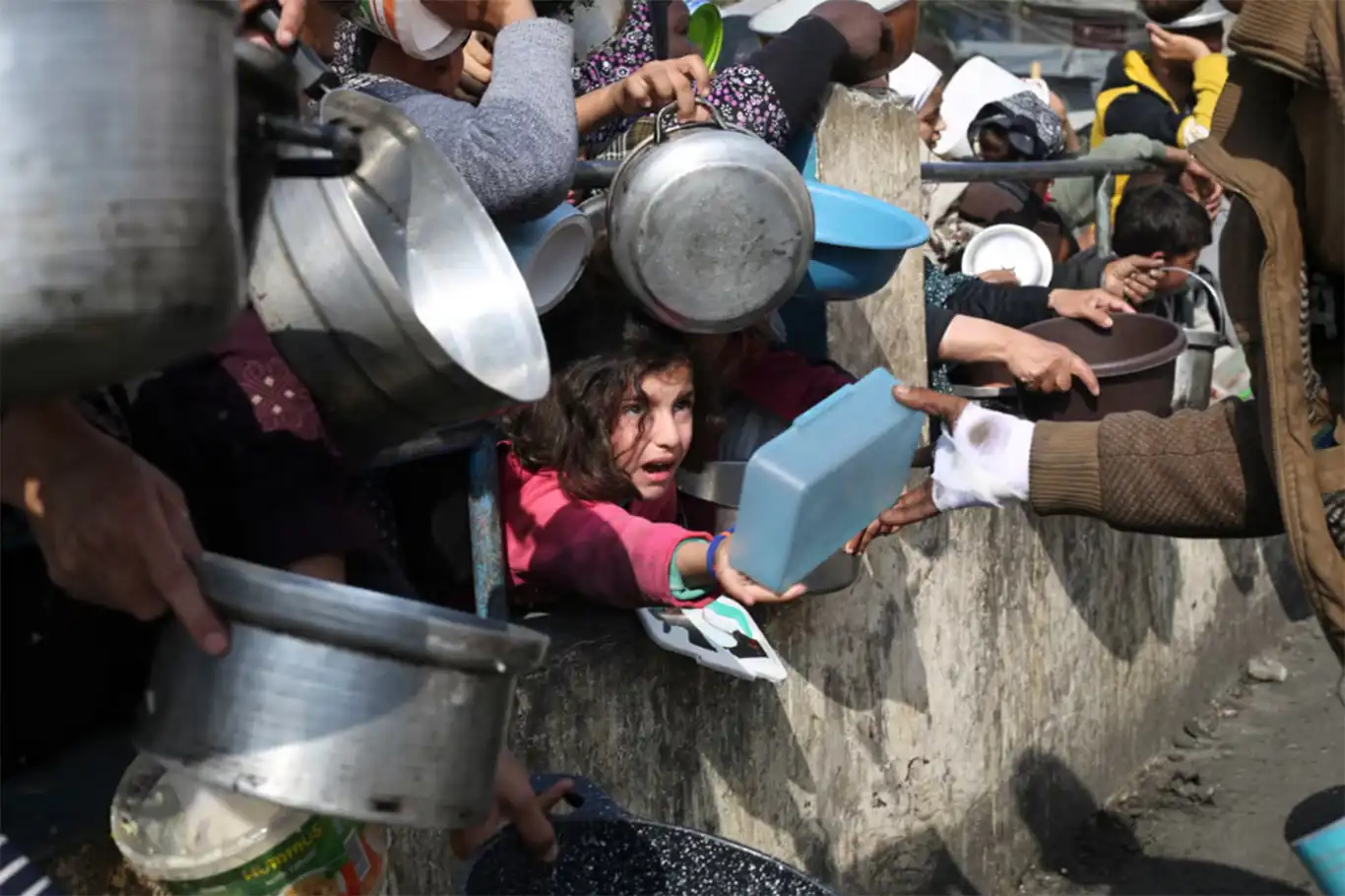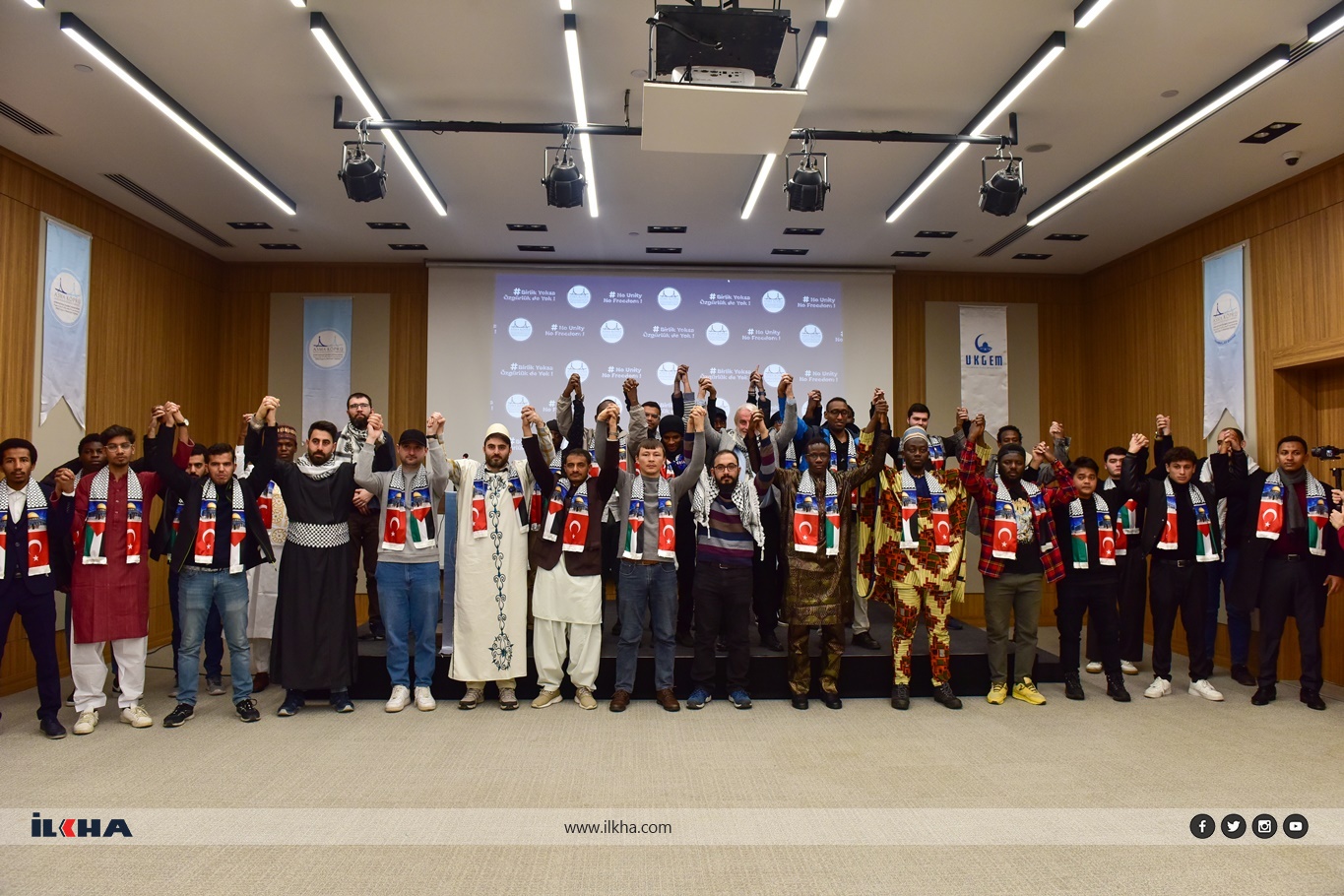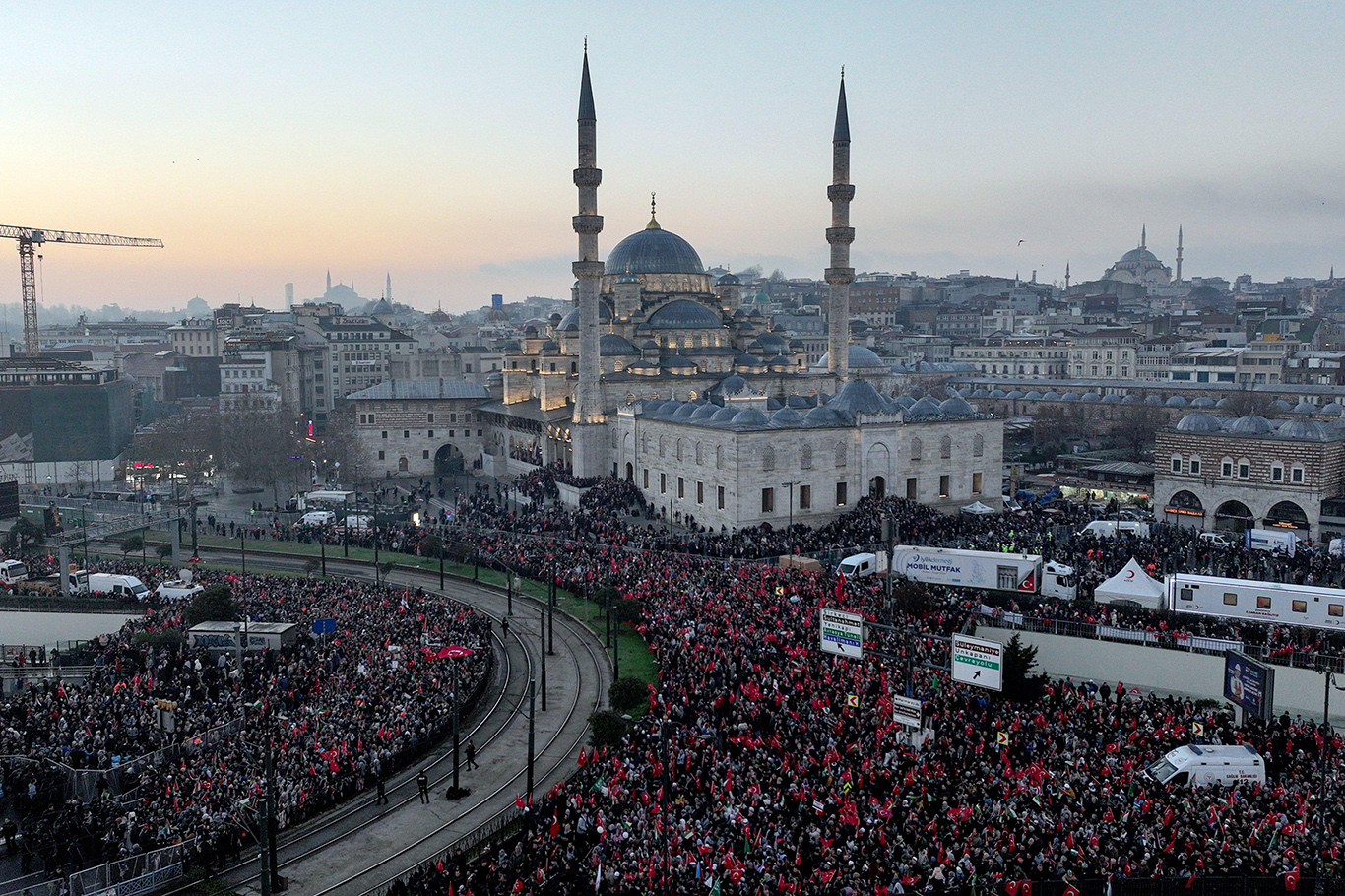Azerbaijan commemorates victims of “Bloody January”
Azerbaijanis commemorated the victims of Soviet repression that claimed more than 140 lives on January 20 in 1990.
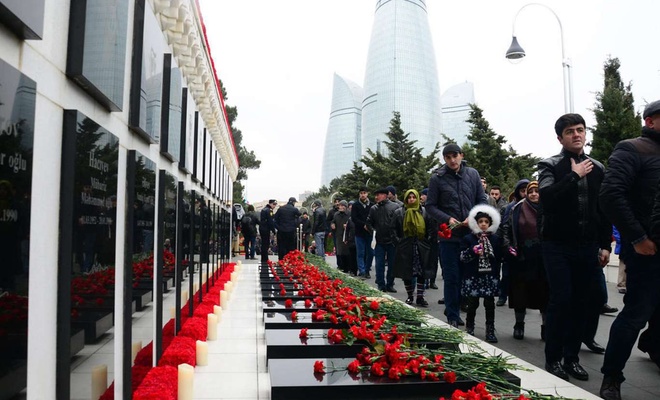
 Google News'te Doğruhaber'e abone olun.
Google News'te Doğruhaber'e abone olun. “On the night of January 19-20, 1990, as a result of military aggression of the units of the Soviet Army and special forces, as well as contingents of internal troops against Azerbaijan, civilians, including children, women and elderly were massacred in the cities of Baku, Sumgayit, Lankaran and Neftchala by order of the USSR leadership. As a result of the occupying forces’ military aggression 150 civilians were killed, 744 were seriously injured, and 4 people went missing,” reads a statement issued by the Foreign Ministry of Azerbaijan on Friday.
On 19 January, 1990, the Presidium of the Supreme Soviet of the USSR approved the decree signed by M. Gorbachev, introducing a state of emergency in Baku and some other places in the Azerbaijani SSR. The decree stated:
″In connection with a dramatic escalation of the situation in the city of Baku, attempts of criminal extremist forces to remove from power by organizing mass unrest legally acting state authorities and in the interests of the protection and security of citizens, the Presidium of the Supreme Soviet of the USSR, guided by point 14 of the article 119 of the Constitution of the USSR, decrees: To declare since 20 January 1990 state of emergency in the city of Baku, by extending to its territory the effect of the Decree of the Presidium of the Supreme Soviet of the USSR from 15 January 1990.″
Late at night on 19 January 1990, after the demolition of the central television station and termination of phone and radio lines by Soviet special forces, 26,000 Soviet troops entered Baku.
The troops attacked the protesters, firing into the crowds. The shooting continued for three days.
According to several sources, between 133 and 137 civilians died with the unofficial number reaching 300. Up to 800 were injured and 5 went missing.
An additional 26 people were killed in Neftchala and Lankaran regions of the country. (ILKHA)




























